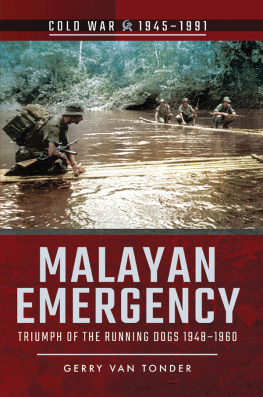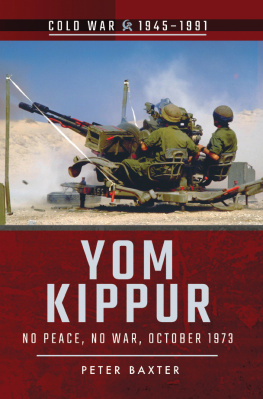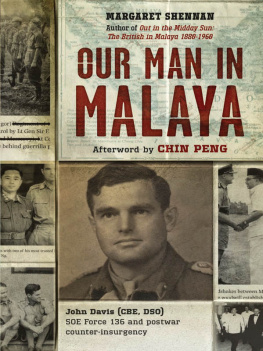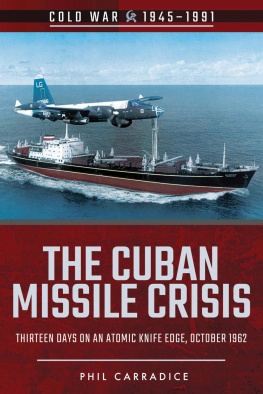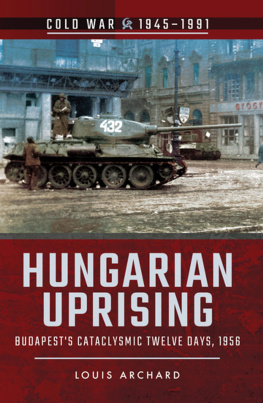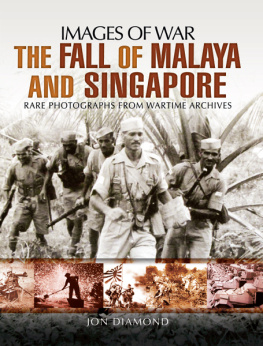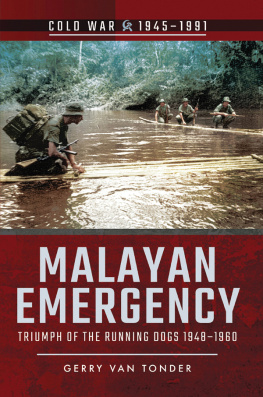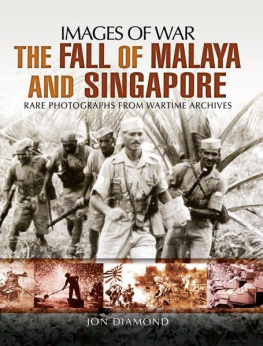
MALAYAN EMERGENCY
TRIUMPH OF THE RUNNING DOGS 19481960
GERRY VAN TONDER
For my very dear friend Captain Russell Fulton RAR (Rtd)
who is an inspiration to so many
First published in Great Britain in 2017 by
PEN AND SWORD MILITARY
an imprint of
Pen and Sword Books Ltd
47 Church Street
Barnsley
South Yorkshire S70 2AS
Copyright Gerry van Tonder, 2017
ISBN 978 1 52670 786 4
eISBN 978 1 52670 788 8
Mobi ISBN 978 1 52670 787 1
The right of Gerry van Tonder to be identified as the author of this work has been asserted in accordance with the Copyright, Designs and Patents Act 1988.
A CIP record for this book is available from the British Library All rights reserved.
No part of this book may be reproduced or transmitted in any form or by any means, electronic or mechanical including photocopying, recording or by any information storage and retrieval system, without permission from the Publisher in writing.
Every reasonable effort has been made to trace copyright holders of material reproduced in this book, but if any have been inadvertently overlooked the publishers will be pleased to hear from them.
Pen & Sword Books Ltd incorporates the imprints of Pen & Sword
Archaeology, Atlas, Aviation, Battleground, Discovery, Family History, History, Maritime, Military, Naval, Politics, Railways, Select, Social History, Transport, True Crime, Claymore Press, Frontline Books, Leo Cooper, Praetorian Press, Remember When, Seaforth Publishing and Wharncliffe.
For a complete list of Pen and Sword titles please contact
Pen and Sword Books Limited
47 Church Street, Barnsley, South Yorkshire, S70 2AS, England
email:
website: www.pen-and-sword.co.uk
TIMELINE 19461960
| 1930 | Malayan Communist Party (MCP) formed. |
| 8 December 1941 | Japan invades Malaya. |
| 16 February 1942 | Allies surrender at Singapore. |
| 4 September 1945 | Japanese surrender at Penang. |
| 1 December 1945 | Malayan Peoples Anti-Japanese Army (MPAJA) disbanded by the British Military Administration (BMA). |
| 12 June 1948 | The government bans trade unions after months of fomenting labour unrest. |
| 16 June 1948 | Three European planters are murdered by Communists in Perak State. |
| 18 June 1948 | Britain declares a state of emergency in Malaya. |
| 24 June 1948 | A state of emergency is also declared in Singapore at the tip of the Malayan Peninsula. |
| 23 July 1948 | MCP banned, resulting in the party militants forming the Malayan Peoples Anti-British Army (MPABA). |
| 1 February 1949 | The MPABA changes its name to Malayan Peoples Liberation Army (MPLA). |
| September 1949February 1950 | MPLA carry out an average of seventeen road and rail ambushes a month. |
| Mid-1950 | Rural population moved into collective New Villages. |
| March 1950September 1950 | Road and rail ambushes by the MPLA increase to an average of fifty-six a month. |
| June 1951 | Operation Starvation introduced to restrict food movement. |
| July 1955 | Malayas first general election sees Tunku Abdul Rahman become chief minister. A partial amnesty is declared. |
| 17 October 1955 | Government representatives hold the first of three meetings with the MCP at Klian Intan. |
| 24 December 1955 | The MCP releases an eight-point programme, which includes a cessation of hostilities, the termination of emergency regulations and a demand for political reform. |
| 29 December 1955 | Talks at Baling break down as the two parties fail to agree on the future legal status of the MCP. |
| 8 February 1956 | Unsuccessful amnesty scrapped. |
| 2 April 1956 | Rahman refuses to resume talks with the MCP. |
| April 1957 | Hor Lung, MPLA commander of southern operations, is bribed to surrender. |
| July 1957 | Sixty per cent of Malaya is declared essentially clear of insurgents White Area and emergency regulations lifted. |
| August 1957 | Kuala Lumpur declared a White Area. |
| 31 August 1957 | Malaya is granted independence from Britain, with Rahman the first prime minister. |
| 31 July 1960 | The emergency is declared officially over, but emergency regulations remain in place along the Thai border. |
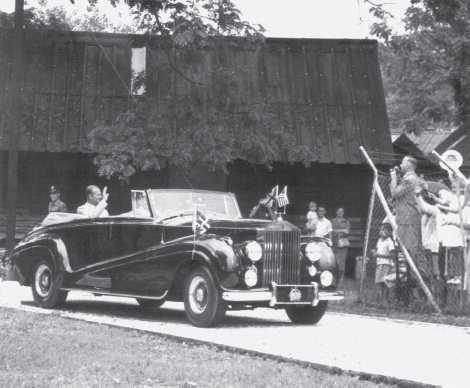
HRH The Duke of Edinburgh in Malaya on Merdeka Day, 31 August 1957. (Courtesy Rhodesian African Rifles Regimental Association (UK))
INTRODUCTION
We honour Europe for its great culture. But the world is something bigger than Europe. Asia counts in world affairs, and it will count much more tomorrow than it does today. Addressing the United Nations General Assembly in Paris on 3 November 1948, Indias first prime minister, Pandit Nehru, warned the world, adding:
Asia, till recently, was largely a prey to Imperial domination. A great part of it is now free. But it is an astonishing thing that any country should venture still to hold forth this doctrine of colonialism.
There will be active struggle against this doctrine. We who have struggled against it have committed ourselves to the freedom of all colonies. Many of these territories are neighbours of ours, and it is a narrow way of looking at it if any Power thinks they can continue to maintain directly or indirectly their colonial rule.
If the peoples prepare for war, and in existing circumstances, it is difficult to say that people should not prepare to defend themselves, they must have clean hands.
The ink still wet on the 1945 instruments of surrender, the emergence of regional political and ideological dogma across the globe again threatened international stability. As the so-called Four-Power victors increasingly bickered over ownership of the defeated Germany, burgeoning nationalist movements in British and French overseas territories became far more active and vociferous in their demands for self-determination.
While Joseph Stalin was uncompromisingly intent on Soviet Communist expansionism in Europe, Mao Zedong was basking in the success of his Communist revolution in China. Chairman Mao desired to be the champion of the oppressed masses, espousing the formation of peoples liberation movements in the European colonies. Red China and Russia would provide the instruments of insurrection: ideological indoctrination and war materiel extremely attractive to nationalists pressing for self-government and independence.
In Southeast Asia, Japan had convincingly shown that white invincibility was a myth. The very British-armed anti-Japanese resistance movements, dominated by Chinese Communists, now turned their backs on their European masters. The transition to self-determination was relatively peaceful in Burma, but prolonged and bloody struggles ensued in the Dutch East Indies (Indonesia) and French Indochina (Vietnam, Cambodia and Laos).
The sudden proliferation of nationalist movements amongst her territories saw the still war-crippled Britain trying to save an imploding empire liberal pressure at home added to the problem. Flashpoints of armed dissent appeared across the legacy that was Pax Britannica Malaya, Kenya, Cyprus, Borneo, Palestine, Suez, Aden.

